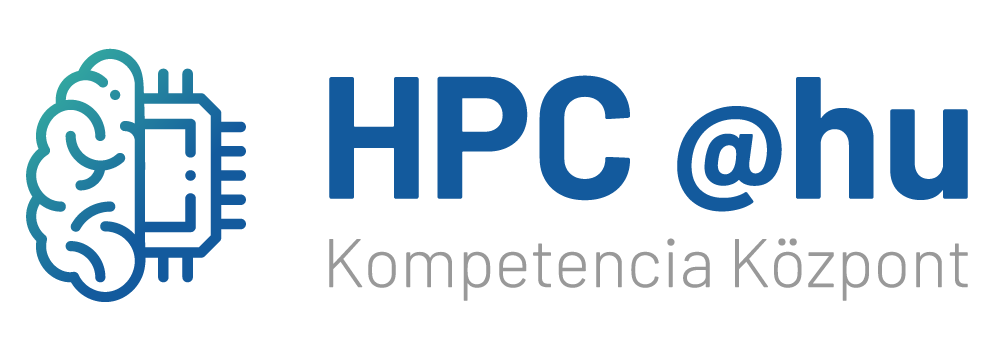Please note that the procedure for requesting supercomputer project numbers was modified as of mid-July 2020; follow the link below.
The following were used: a php slim framework for the portal; a twig templating engine with bootstrap for displaying the data; as well as javascript and css. Chart.js was used for displaying diagrams.
The portal is accessible for those having obtained an EduID identifier. Please note that only projects for which HPC access had been requested after 1 January 2018 or which had been active in the previous three years (collectively referred to as active projects) were migrated to the new database. User data for inactive projects continue to be available; however, to be able to use the portal functions, users need to request project activation in all cases.
The conditions of requesting access to supercomputer resources (requesting a project number, that is, project) remained unchanged.
The evaluation includes assessing the project applications in terms of the appropriate care taken to complete the application form. Upon evaluating the technical and scientific information, the following statuses may be assigned to a given application: “supported”, “rejected”, “further amendment needed”. One major difference in comparison with the previous system is that now it is sufficient to upload signed applications in an electronic format only.
For project applications, please visit https://portal.hpc.kifu.hu/ HPC project applications may be submitted upon an eduID login.
A brief description of the use of the project is available here.
Introduction
The supercomputer system of the Hungarian higher education, research, and public collection (hereinafter referred to as the academic supercomputer system) was purchased under the framework of the HBONE+ Project by the former NIIF institute, which merged into KIFÜ as of 1 September 2016. Currently, this supercomputer system has the highest performance in Hungary. The first supercomputer centre in the country became available for use by the Hungarian research community in 2001. However, the purchase price and operation of such tools are so expensive that individual institutions are normally unable to finance them on their own; therefore, it is more reasonable to implement central services available to many such institutions. This is one of KIFÜ’s fundamental goals and missions.
Operation
The supercomputer system is operated by KIFÜ personnel in KIFÜ’s computation centre and at three universities in three convergence regions. The operation of the supercomputers is 24 hours a day and 7 days a week, that is, continuous every day of the year. The services may be down for maintenance purposes during previously announced periods.
The supercomputers are operated by trained professionals, and they also provide user support beyond operating the equipment.
The operators do their best to maintain the continuous and uninterrupted operation and availability of the system. Nevertheless, they shall not be held liable for any direct or indirect damage or disadvantage arising from any potential downtimes in the operation or availability of the supercomputers, temporary drops in performance, or damage to or loss of files or data.
Basic principles of use
Although the supercomputer infrastructure is of high value and extremely high performance, it is a limited resource. This means that capacities require careful management because that is the only way to achieve the fundamental objective of satisfying all realistic needs of the academic community.

